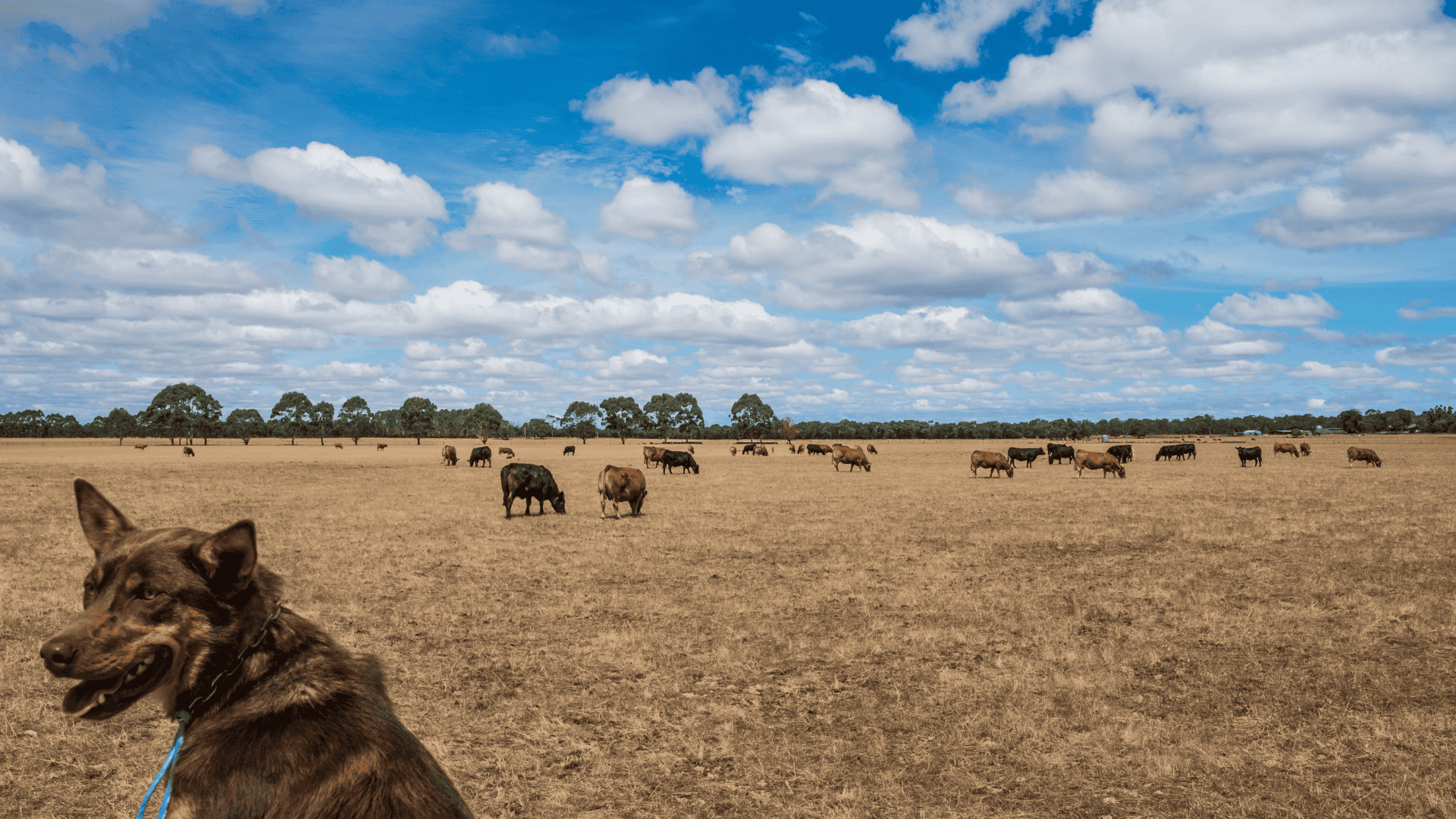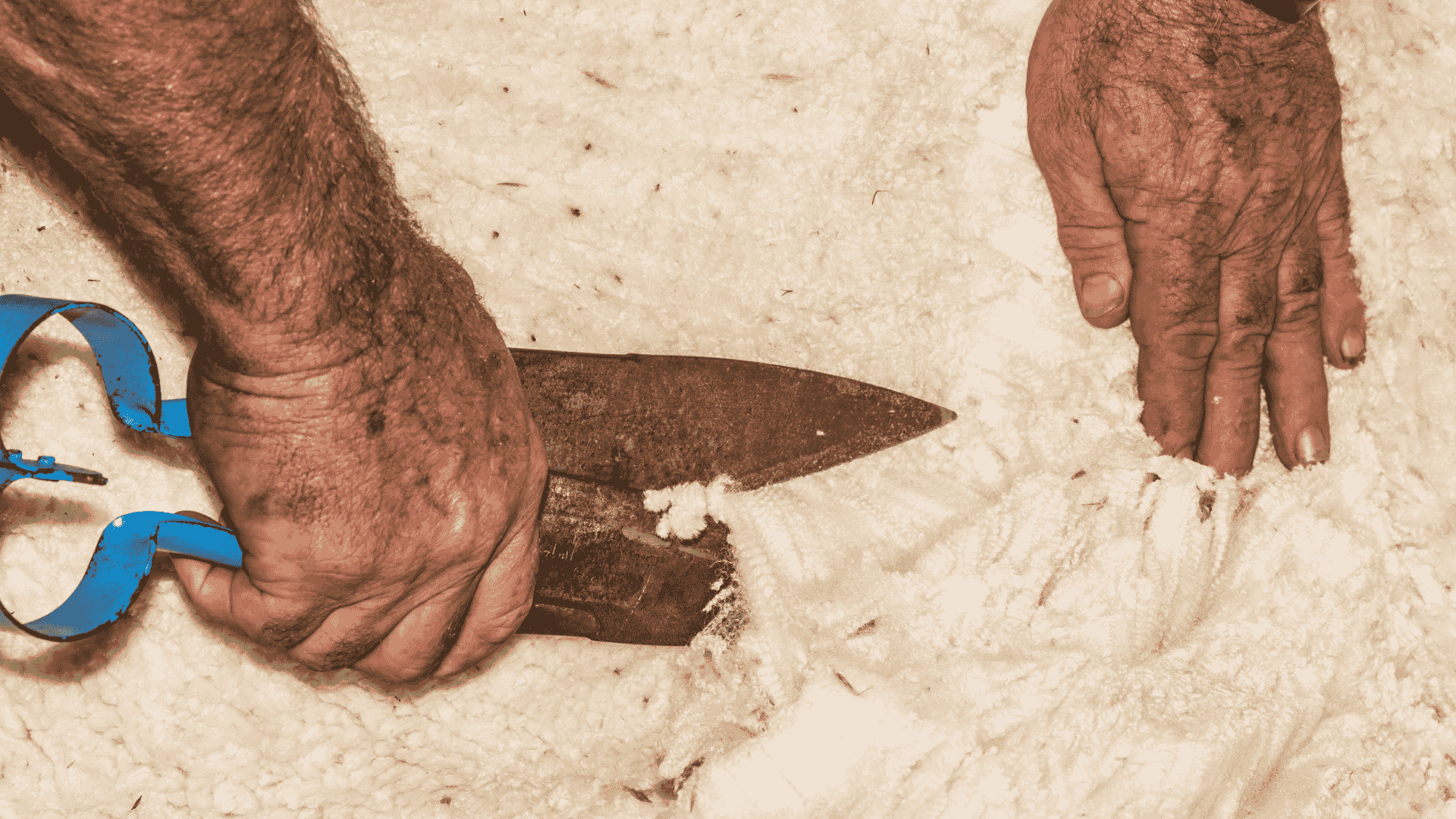Australia ag commodity prices and the Australian dollar
The higher Australian dollar has prompted questions about the likely impact on local extensive agricultural commodity prices. Mecardo has covered...
2 min read
 Alex McLaughlin
:
Mar 8, 2024
Alex McLaughlin
:
Mar 8, 2024
.jpg)
In the diverse practice of agriculture, women have historically been overlooked as trailblazers. However, within the fertile fields of possibility and the intricate nuances of science, a new generation of young women is shattering stereotypes in their pursuit of a greener tomorrow.
Meet Ruby Pippen, who envisioned a career in biology, in a bustling city laboratory, conducting cutting-edge research in ecology or medicine.
However, her trajectory took an unexpected turn, leading her to Loam Bio in January 2022. Loam Bio is a microbial biotech company aiding Australian farmers in enhancing the productivity and drought resilience of their land.
Loam Bio uses microbes to capture carbon from the atmosphere and store it in the soil, effectively "working with the world’s smallest organisms to solve some of the world’s biggest problems".
Graduating from the University of Newcastle with a Bachelor of Science Honours, Ms Pippen relocated to the NSW Central Tablelands, based at Loam Bio’s regional centre in Orange. There she manages its Australian microbial libraries, which house more than 1000 isolates, also known as the "custodian of the fungi".
.jpg?width=680&height=1020&name=Ruby%20Pippen%20PC%20Rachael%20Lenehan%20(1).jpg)
Loam Bio's Ruby Pippen calls herself "a librarian if the books were living".
Ms Pippen is passionate about exploring the diverse potential within these libraries, calling herself "a librarian if the books were living”. Collaborating with the US team, Ms Pippen aims to cultivate a sustainable fungi library, to hopefully contest climate change via soil carbon sequestration.
Originally from Sydney, Ms Pippen’s family relocated to the small country town of Gloucester, NSW. After completing her education at Gloucester High School, she pursued a double degree in Law and Science at the University of Newcastle.
In her third year of university, Ms Pippen participated in an undergraduate research project with iGem, an international synthetic biology competition. Reflecting on the project, she said it was the catalyst for pursuing an honours degree in science and "taking a break from law school".
In her honours year, with a focus on synthetic biology, Ms Pippen developed a bio-sensor capable of reporting on intracellular iron levels of bacteria, which she hopes will aid in the development and testing of antimicrobial drugs targeting iron acquisition.
"Since starting at Loam, I have worn many hats, and I've witnessed the company grow. The team has more than doubled in size, reflecting the confidence people have in the science," Ms Pippen said.
Loam Bio, where there is a "50-50" gender split, is an outlier unfortunately.
ABARES Women in Agriculture stats revealed that in 2021, women constituted just 33% of the workforce in the sector.
The focus on women in STEM may be changing that. Women in agriculture are gradually gaining inclusion, representing two-thirds of the overall growth in the industry from 2016-2021 (ABARES 2023).
For Ms Pippen, agriculture has provided a pathway for her to pursue her passion for science.
"At university, I had math courses where I was one of the few women in an amphitheatre that could hold over 100 people," she said.
"I hadn’t considered that the skills I was interested in applying and developing could be used in the agricultural space. It is a field where you can absolutely make an impact; it's super important."
On this International Women's Day, we celebrate Ms Pippen's achievements and look forward to hearing how she will continue to reshape the narrative for women in agricultural science.

.png)
The higher Australian dollar has prompted questions about the likely impact on local extensive agricultural commodity prices. Mecardo has covered...

Last week, StoneX released its H1 2026 Australian Cattle & Beef Market Outlook report, which covers all key production forecasts for the beef...

Greasy wool prices have increased markedly this season, in the absence of any substantial improvement in macroeconomic indicators or major apparel...